Real change for families
Iceni inspires positive change and delivers a range of therapeutic and practical interventions to transform the lives of families and children in Suffolk. For men whose behaviour can be harmful within intimate relationships, we offer the Venta Program.
Our aim is to move towards safe, healthy and happy families where children can thrive.

Our impact
Our aim is to provide support and help to families in Suffolk, leading to sustainable long-term impact – improving life chances for children and reducing reoccurrence of domestic abuse and substance misuse.
Will you help transform lives today?
Out of every £1 you donate, 90p goes to helping people in our care. We split only 10p across our costs and marketing.

Come and see us in the Fanzone at the following Ipswich town football games!
Meet people from Iceni and have a chat about Venta, and how it could make a difference to your relationships and family.
29th November
13th January
10th Feb
13th April
Come on The Tractor Boys!
